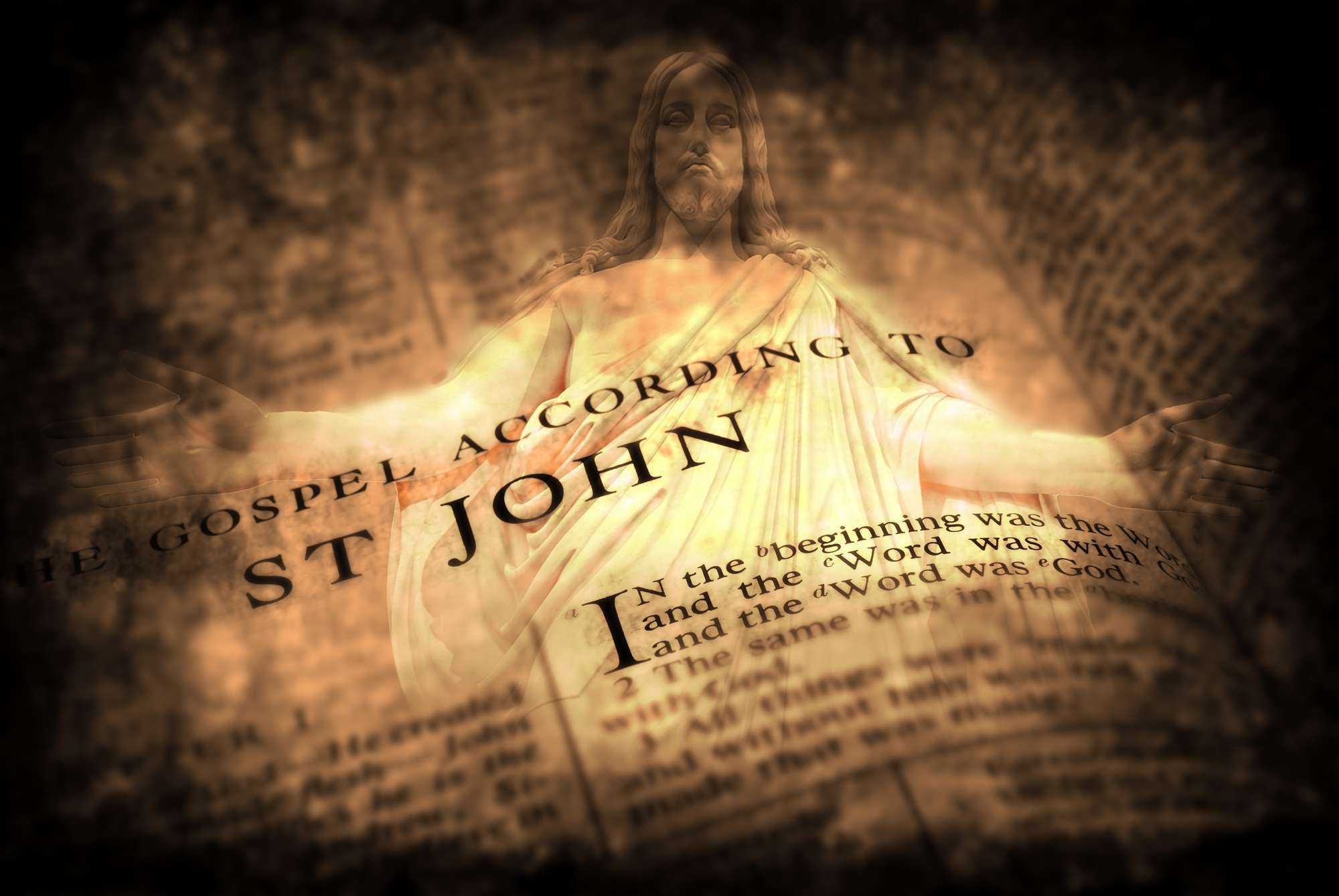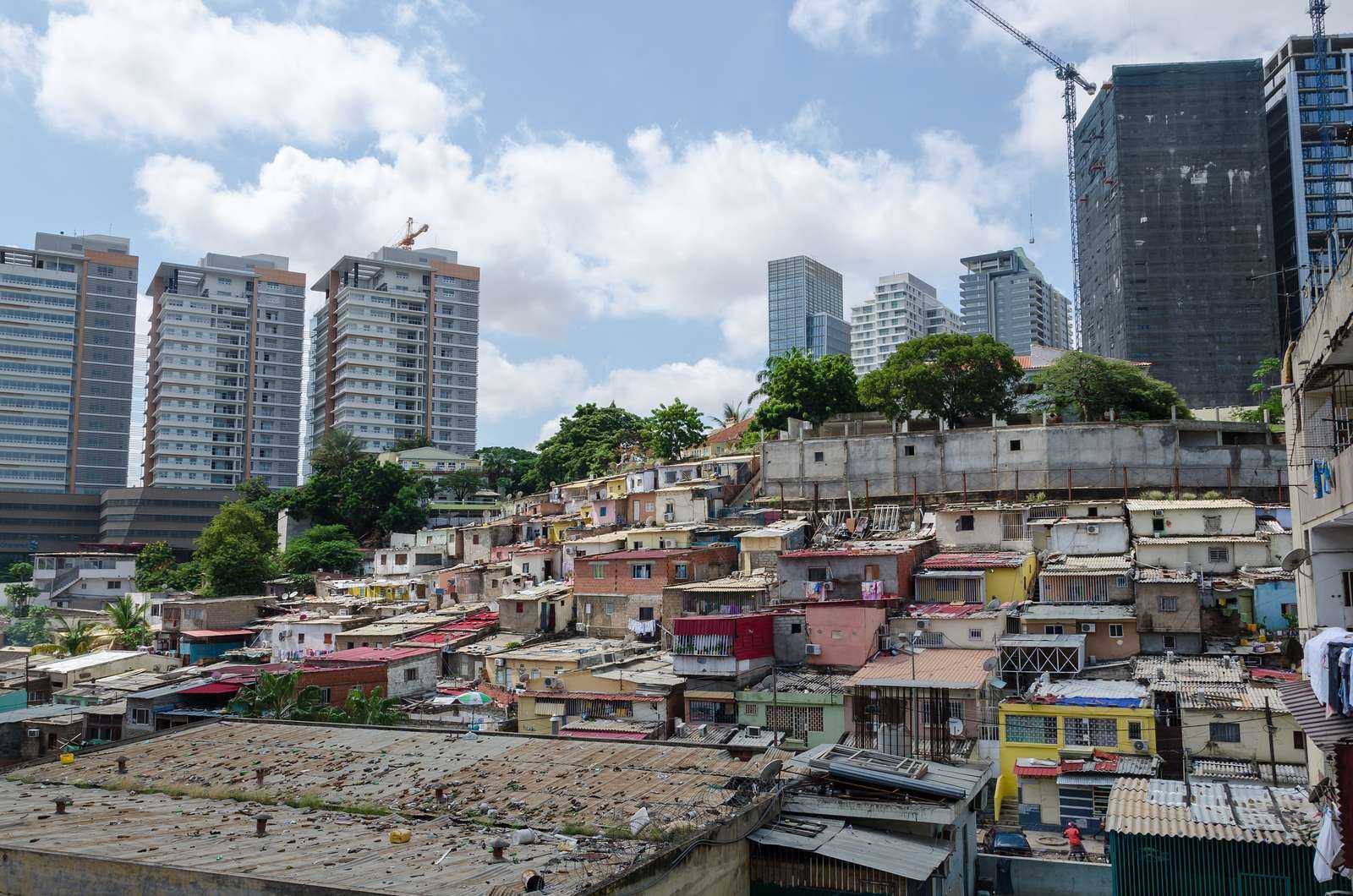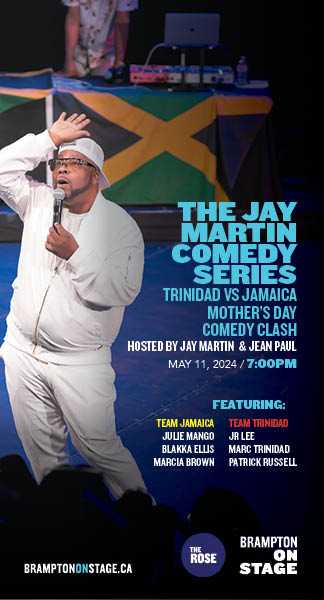BY ERROL A. GIBBS
What is patience? Why is it necessary to be patient? Patience is one of the most indispensable human attributes vital to better relationships among peoples and nations. The dominant word, when practiced, could break down barriers and enhance relationships within families, communities, corporations, and governments. Likewise, relating to religion, race, colour, culture, gender, and social and economic status.
How does one distinguish a patient person? A person with patience demonstrates corresponding attributes such as tolerance, endurance, peacefulness, commitment, and persistence. Notwithstanding, patience is one of the most lacking of human traits. People often display impatience with fellow human beings during interactions in interpersonal settings such as the home, workplace, community, religious and educational institutions, and in international relations among sovereign nations.
The most important teachings of the Beatitudes (Matthew 5:1-12) call our attention to the need for patience. Somewhat perversely and often without awareness, those close to us test our patience. They are brothers and sisters, children, husbands and wives, parents and grandparents, and friends and associates. Paradoxically, they are the ones with whom we often exercise the least amount of patience.
Imagine for a moment that a husband or wife is late getting home, and he or she has not called. The lateness might inspire an attitude of impatience. Sub-consciously, one might nurture an attitude of hostility; conjure up in our minds negative reasons for the delay without knowing the cause. Likewise, one may react to yesterday’s memories, which further fuels an attitude of intolerant. We are unaware that there is a conflict within us between the “heart” and “head” desire.
When others offend us, our natural inclination is to react with impatience and anger. Many display impatience as they struggle with negative human attitudes. With deep anxiety, we dismiss or suppress the inner voice that urges us to (1) adopt a positive attitude; (2) develop a calm, patient spirit; and (3) be ready to forgive regardless of the circumstances.
Patience is one of the most crucial human attributes to sustain peace and stability in the global village (https://www.merriam-webster.com/dictionary/global%20village). Without the exercise of patience, the lack of tolerance for our “neighbor” can translate to catastrophic events in the world such As World War I (1914–1918) and World WW II (1939–1945). The world is experiencing a “crisis in governance” in parallel with an enormous buildup of Weapons of Mass Destruction (WMD) that does not bode well for the emergence of another great World War III.
Empirical observation and the records of six thousand years of human history should make us aware that patience, kindness, goodness, faithfulness, gentleness, and self–control are necessary for meeting such challenges in the future. These challenges that face nations in the global village in the postmodern era are no different from internal problems facing countries with cultural diversity.
Despite scientific progress, nations struggle to find a path to mutual existence undergirded by tolerance instead of religious intolerance, which is at the apex of human conflict―worldwide. Major conflicts include immigration and refugee settlement barriers, political ideology, international trade barriers, the buildup of armaments, competition for scarce resources, cultural indifference, social and economic exclusion, and gender bias.
The altered state of postmodern life brought on by the rise of nationalism, colourism, racism, and other religious and cultural bias do not bode well for a tolerant and happy Planet. The world needs a practical “moral philosophy” such as the Golden Rule or “ethic” of “reciprocity,” which is an ethical maxim penned in most sacred texts. “Do to others, as you would have them do to you” (Luke 6:31).
Without such a philosophy, the human capacity to exercise patience, tolerance, and self–control will diminish in light of distrust among nations. The vision of a global village could become another fleeting illusion in our eternal quest to govern ourselves and find hope for humanity in the twenty-first century. The casual observer comprehends that the challenges of the modern era can lead to impatience.
Impatience and lack of self–control can potentially lead to familial, societal, national, and international conflict. When we open the windows to the panorama of human history, we understand the causes of the events chronicled, and the need to learn from history. Scientific and material achievements have brought humankind great prosperity and human comforts, but fear, anxiety, and depression overwhelm humanity.
Scholars in the twenty-first century will describe the human legacy as one of indifference toward our neighbours, exacerbated by impatience and intolerance. It demands moral courage, moral persuasion, moral imagination, and moral capacity to love the unlovable. To develop “moral ability” to conquer hate with love, falsehood with truth, and impatience with patience.
Conversely, the more we distrust human beings in private, public, social, or political life, the more we degrade others and ourselves, and the more we diminish our capacity for peaceful co-existence. Trust is fundamental to basic human goodness. It undergirds love and reason. We cannot improve human relationships while mistrusting others. Hence, patience is a moral attribute―essential to imbue and sustain human survival as a viable species.
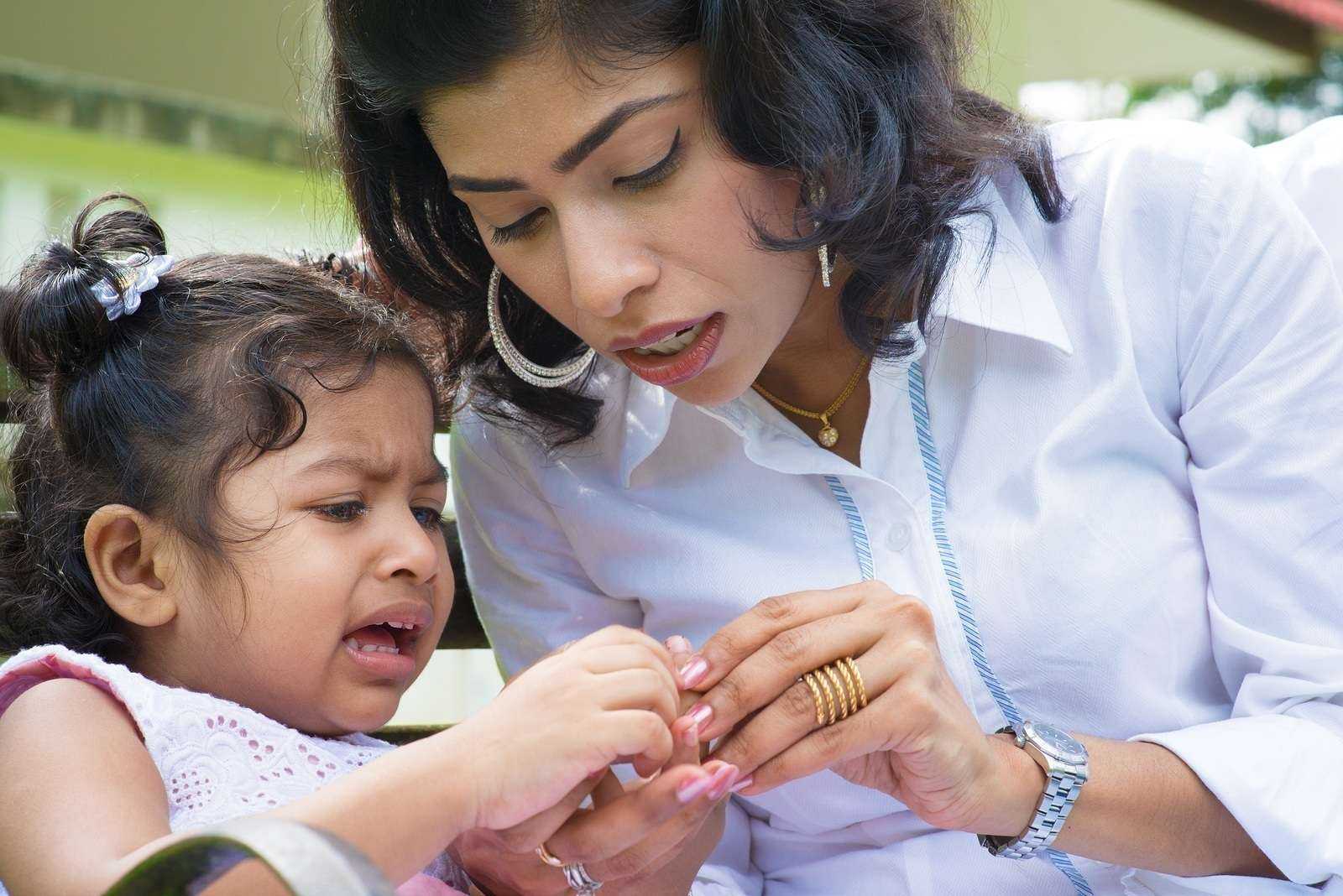

 Community News2 weeks ago
Community News2 weeks ago
 Community News1 week ago
Community News1 week ago
 Community News1 week ago
Community News1 week ago
 Community News1 week ago
Community News1 week ago
 Community News2 weeks ago
Community News2 weeks ago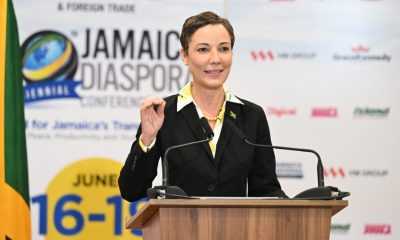
 Community News1 week ago
Community News1 week ago
 Community News2 weeks ago
Community News2 weeks ago
 Community News1 week ago
Community News1 week ago



